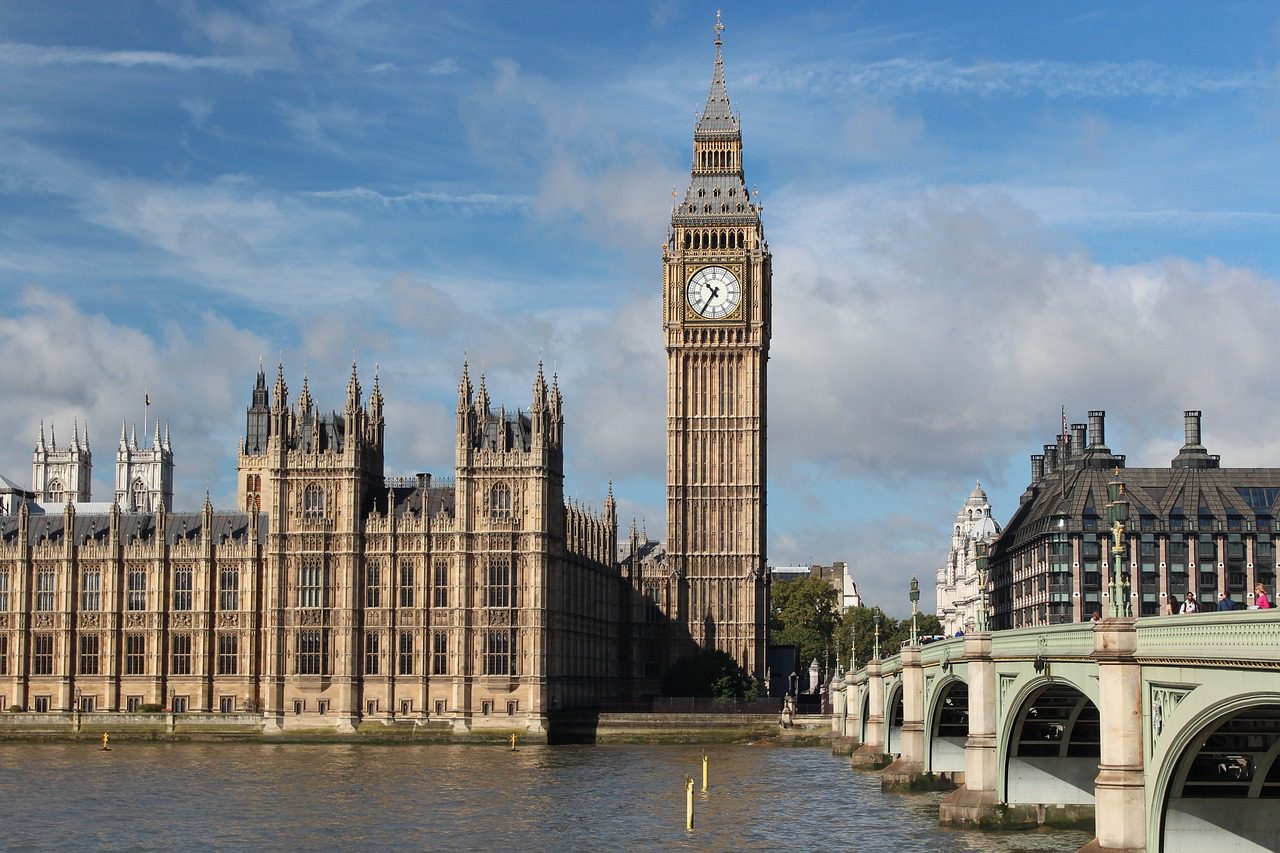
Human trafficking: First Report of Session 2023–24
Summary
Human trafficking is primarily a profit driven crime; perpetrators exploit their victims for financial gain. Under international law, set out in the ‘Palermo Protocol’, trafficking in persons is defined as “the recruitment, transportation, transfer, harbouring or receipt of persons, by means of the threat or use of force or other forms of coercion, of abduction, of fraud, of deception, of the abuse of power or of a position of vulnerability or of the giving or receiving of payments or benefits to achieve the consent of a person having control over another person, for the purpose of exploitation”.1 However, the definition in the UK’s Modern Slavery Act 2015 is narrower. According to the Act, a person commits the offence of human trafficking if the person “arranges or facilitates the travel of another person (“V”) with a view to V being exploited”.2 The term ‘modern slavery’ is often used as an umbrella term which encompasses human trafficking, slavery, servitude, and forced or compulsory labour.
Human trafficking is an abhorrent crime, the true scale of which is unknown in the UK. The Home Office does not hold a definitive data source on the number of victims in the UK and while the number of referrals into the National Referral Mechanism (NRM) has grown substantially since its creation in 2009, there is still likely to be underreporting of the true number of victims.
While human trafficking was already illegal in the UK, the Modern Slavery Act 2015 brought together existing legislation into one Act and was commended globally as the first legislation of its kind in Europe. The Act delivered enhanced identification, protection, and support for victims and placed a unique transparency requirement on businesses to show that human trafficking and modern slavery is not taking place in their supply chains. Yet we were told when we began this inquiry how a lack of progress in the implementation of this legislation means that now “nobody in the world would think that we were a leader”. On the basis of the evidence we have heard, we conclude that improvements must be made in utilising sanctions for non-compliance of publication of transparency statements.
We have been very concerned throughout this inquiry that the fight against human trafficking is, in practice, no longer a priority for the UK Government, notwithstanding the Government’s claims to the contrary. Recent prioritisation of irregular migration policies over those concerning human trafficking, claims of migrants ‘abusing the system’, the lack of outputs from the Home Office modern slavery unit, the lack of an updated modern slavery strategy, and the 18-month delay in appointing a new Independent Anti-Slavery Commissioner demonstrate a disappointing lack of commitment on the part of the Home Office for tackling human trafficking in the UK.
We were particularly concerned that this de-prioritisation of human trafficking in favour of attention on irregular migration fails to reflect that UK nationals, particularly children, are consistently one of the most common nationalities referred to the National Referral Mechanism. We heard how UK national victims often fall through gaps in support, as they face challenges with the lengthy National Referral Mechanism process and in gaining suitable accommodation, as a narrative persists that support systems for victims of human trafficking are centred around migrants.
The National Crime Agency (NCA) made it clear that the main priority in this arena is combating ‘small boats’ and organised immigration crime – within which modern slavery and human trafficking can be considered. This is despite human trafficking being identified by the NCA as a national priority threat. We welcome the fact that 4,500 police investigations are underway, but concerned that, in 2022, only 286 referrals were made to the Crown Prosecution Service. It is of note that both the Organisation for Security Co-operation in Europe (OSCE) and Group of Experts on Action against Trafficking in Human Beings (GRETA) at the Council of Europe have expressed concern at the low number of prosecutions and convictions of human trafficking in the UK compared to the high number of identified victims.
It is clear to us that the Government must not only improve prosecutions and support for victims but strive to prevent human trafficking occurring in the first place. Yet it appears that current prevention efforts are woefully inadequate, in particular to tackle the demand that leads to human trafficking. Prevention must be at the heart of the Government’s anti-trafficking strategy. In particular, action to discourage the demand that leads to trafficking for sexual exploitation has been wholly inadequate. There is a consistent under-use of relevant law enforcement, and a lack of law enforcement to tackle sexual exploitation that is facilitated by technology or prostitution advertising websites.
The number of child victims of human trafficking being identified through the NRM is increasing at an alarming rate and it is primarily UK nationals being criminally exploited. There is an overall lack of a joined-up approach across the NRM, child welfare and protection and criminal justice systems for identifying and addressing traffickingrelated needs for potential victims.
